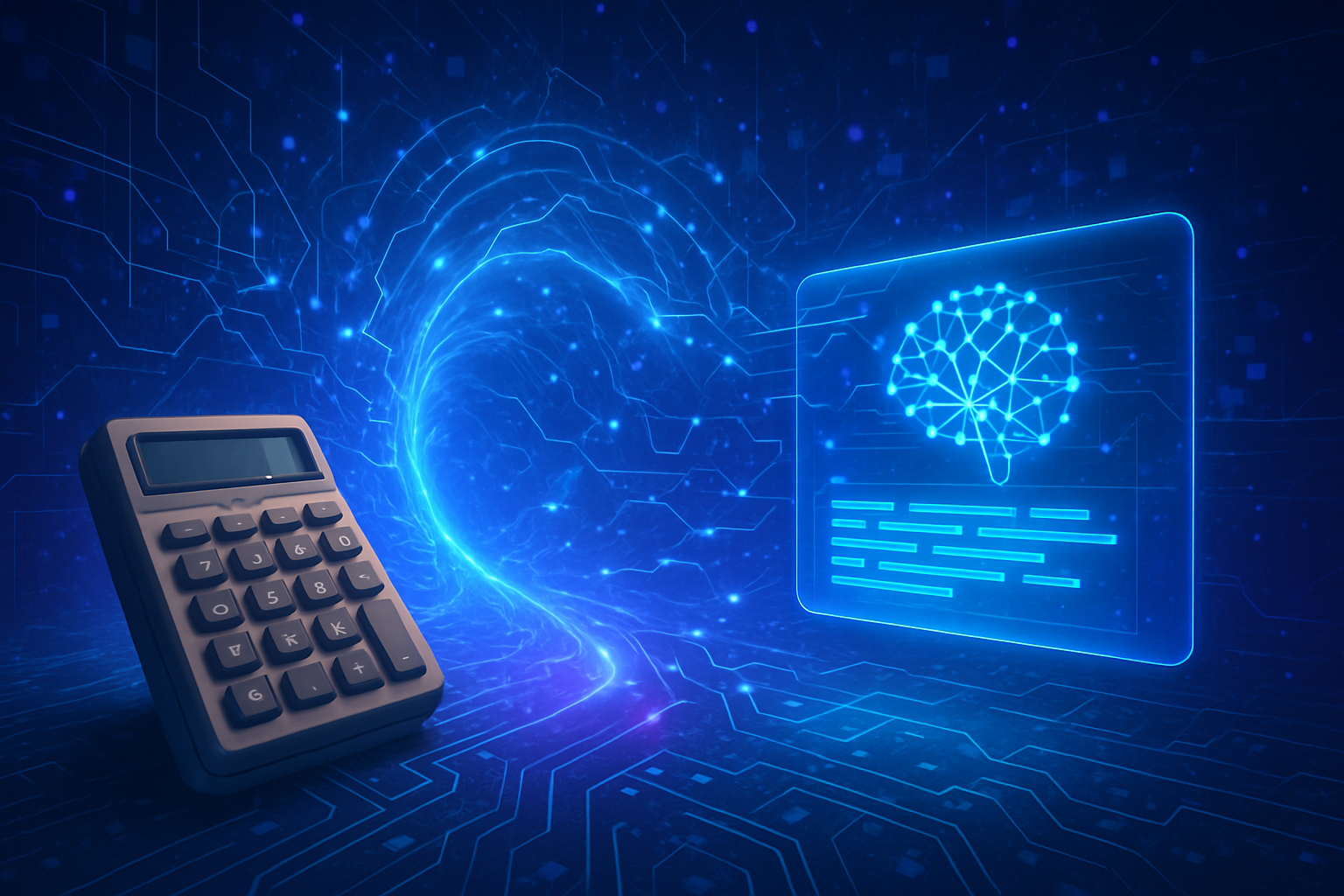In the complex universe of artificial intelligence, a tumultuous evolution is taking place, marking a true odyssey. From the simple calculator to sophisticated algorithms like ChatGPT, each advancement exacerbates ethical and technical challenges. Designers conjugate innovation and responsibility in the face of pressing questions about the very nature of intelligence. From machines incapable of feeling to systems simulating human cognition, the notion of technological penetration defies any fixed definition. This sweaty transformation not only questions our relationship with machines but also our human essence in the face of a promising yet ignominious future.
Evolution of early computing systems
The beginnings of artificial intelligence date back to the era of simple calculating machines. Early models, like the calculator, transformed the way humans perform mathematical operations. The introduction of computers in the 1940s revolutionized this field, allowing for rapid and precise calculations. The Colossus, one of the first electronic computers, paved the way for significant advancements in cryptography and algorithmics.
Definition and scope of artificial intelligence
The term artificial intelligence now encompasses a variety of technologies. Generally, an AI is defined as a machine capable of performing tasks associated with human intelligence, such as problem-solving or learning. However, the complexity of this definition continues to evolve, sparking debates among specialists. Conceptions of what human intelligence is directly challenge this notion of artificial intelligence.
Major historical milestones
Over the decades, AI has undergone numerous transformations. In the 1950s, pioneers like Alan Turing began laying the theoretical foundations for the thinking machine. The rise of processing capabilities and complex algorithms allowed for fundamental questions to be raised about the nature of intelligence itself.
Recent technological advancements
Recent developments, such as ChatGPT, illustrate the technological prowess of modern AI. These systems are capable of generating text, understanding varied contexts, and engaging in dialogue with users, adding unprecedented dimensions to human-machine interaction. Innovative companies like AMD continue to revolutionize the market, integrating advanced technologies to optimize the performance of their products.
Practical cases and diverse applications
A recent survey revealed that 31% of French people use AI systems for their daily purchases, while 42% are considering doing so. AI has thus penetrated various sectors, from banking to sales, offering predictive and personalized analytics.
Ethical consequences and challenges
Despite these advancements, ethical questions are emerging. Incidents related to programming errors, such as that of Musk’s assistant, raise concerns about the reliability of AI systems. Other issues arise, such as human involvement in the development of these technologies. A start-up recently revealed that its AI relied on the assistance of 700 individuals, highlighting the need to reconsider human roles in this sector.
Future perspectives
The boundaries of what artificial intelligence can accomplish remain blurred. As technology advances, the implications for the job market, particularly in specialized fields like finance, require special attention. Market players face unprecedented challenges, prompting reflection on the intelligent integration of these tools while considering ethical concerns.
Frequently asked questions about artificial intelligence: from the simple calculator to ChatGPT
What is artificial intelligence (AI)?
Artificial intelligence refers to computer systems capable of performing tasks normally attributed to human intelligence, such as speech recognition, decision-making, or problem-solving.
How has AI evolved since the early calculating machines?
Since the early calculating machines of the 19th century, AI has significantly evolved, reaching its height with the development of powerful computers capable of processing complex algorithms, like those used in ChatGPT.
What role did 1940s computers play in the development of modern AI?
The computers of the 1940s, such as the Colossus, established the foundations of modern AI by providing sufficient computing power for experimenting with theories on “thinking” machines and enabling sophisticated algorithms.
What does the concept of “artificial neurons” entail?
Artificial neurons are simplified models inspired by the functioning of biological neurons, used in early AI work to simulate cognitive processes and give rise to modern machine learning applications.
What are the main differences between a simple calculator and an AI system like ChatGPT?
A simple calculator performs basic calculations mechanically, while ChatGPT uses advanced algorithms to understand and generate human language contextually.
How does AI influence our daily lives today?
AI impacts our daily lives through various applications, such as voice assistants, content filtering on social media, and personalized recommendations based on our online behaviors.
What are the ethical issues associated with the use of AI?
The ethical issues of AI include privacy protection, algorithmic bias, accountability in cases of errors, and the need for regulations to govern its use.
How might AI evolve in the future?
The future of AI could see advancements in natural language understanding, autonomous self-learning, and a smoother integration into various fields such as healthcare, education, and finance.






